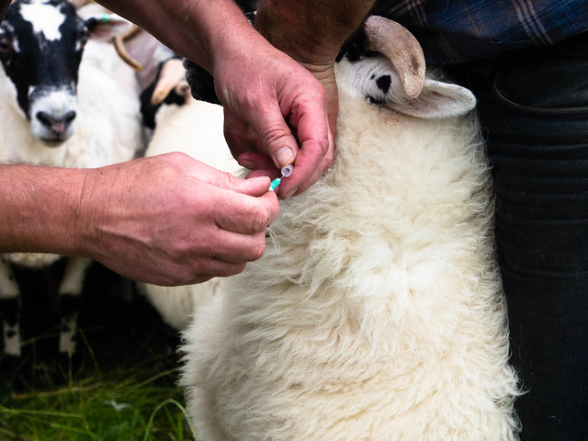From the obstacles to be overcome in teaching animal welfare education to the objectives of the curriculum
Issue
Animal welfare is a complex concept to teach due to the scientific, political and ethical controversies that it carries. Teachers prefer either to treat it from a legislative perspective (by dealing with the different laws that apply) or through models (such as the model of the five freedoms). Controversies are then denied or avoided whereas they could potentially allow development of critical judgment in the learner.Objective
For the trainer: to elaborate a training strategy addressing the main obstacles to be overcomeFor the trainee: to feel involved in a training strategy that addresses his/her own obstacles
Which obstacles?
Where educators show reluctance to implement a training strategy based on controversies associated with animal welfare several obstacles are usually expressed:
- Implementing a socio-constructivist approach is time-consuming
- Integrating new postures which are supposed to be impartial and accepting different opinions are not easy; some opinions expressed by the learners are unacceptable, sometimes illegal; the impartial posture is difficult to take and keep.
- Feeling in opposition or in disagreement with the “professional gender”1 of the herder and/or trainer, preferring to choose mainstream farming/teaching professional practices
- Difficulties in welcoming emotions of uneasiness, possibly even violence
- Inclusion of not only techno-scientific knowledge but also experiential and ethical knowledge

In the light of these obstacles, what objectives for the trainers’ curriculum?
- • Highlight the participants’ main obstacle
- • Show the interest of language as a way to think and learn through a socio-constructivist process
- • Experiment an impartial posture in the implementation of an educational approach and highlight the eventual difficulties in welcoming emotions, divergent opinions and one’s own limits (what I can and cannot accept)
- • Experiment and analyse pedagogical approaches (using dilemmas, situation-problems) combining different knowledge sets
- • Lead new pedagogical approaches and analyse real life experience












